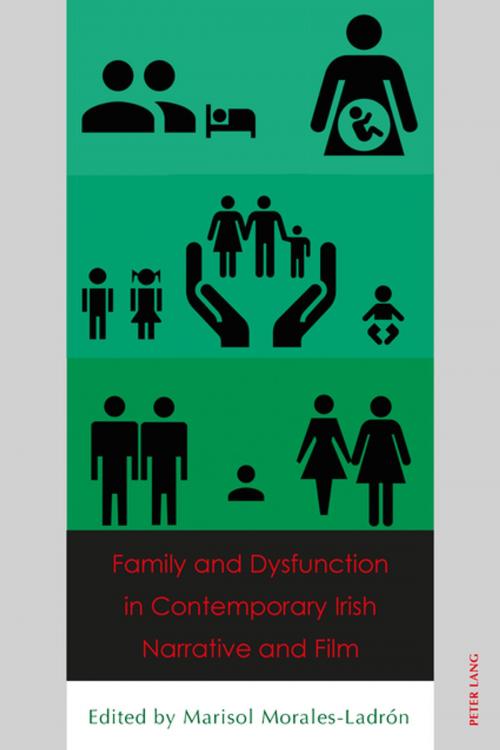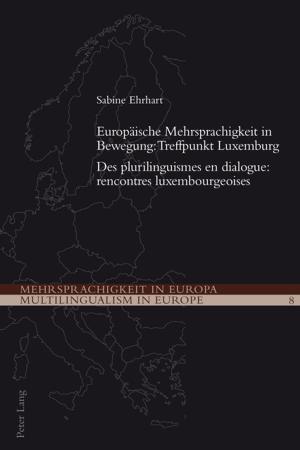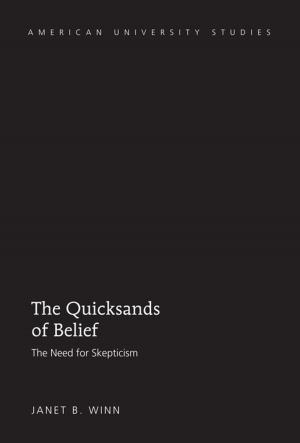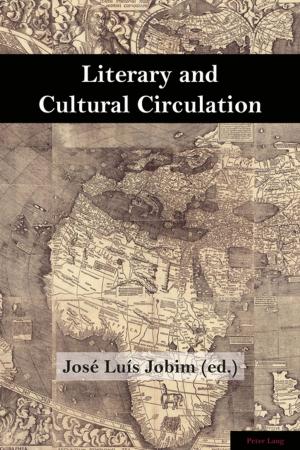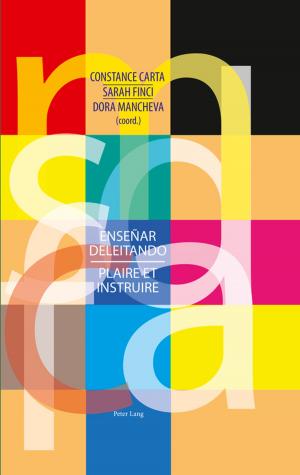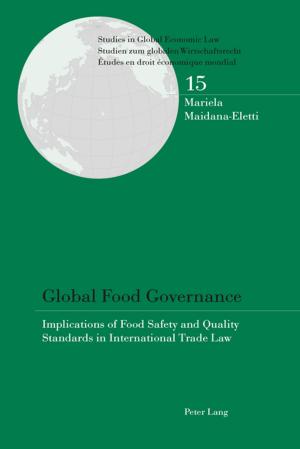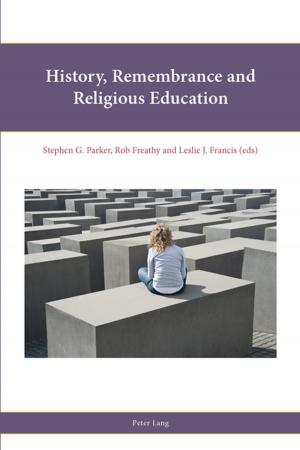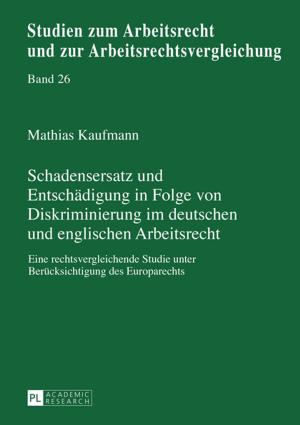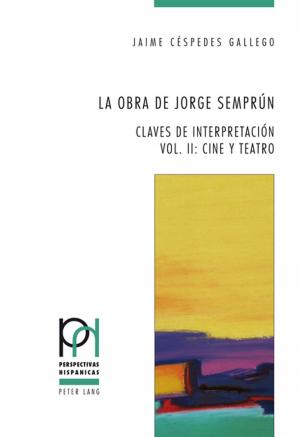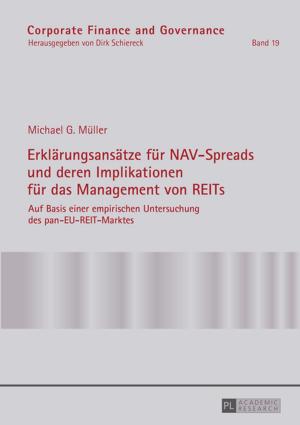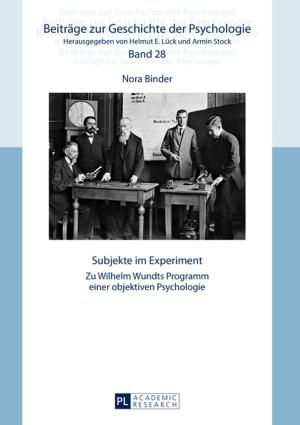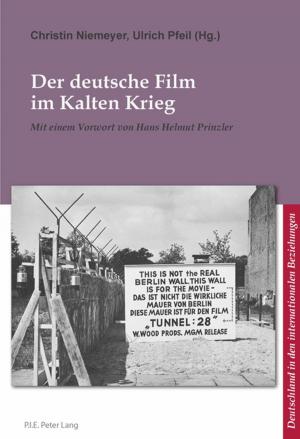Family and Dysfunction in Contemporary Irish Narrative and Film
Fiction & Literature, Literary Theory & Criticism, British, Nonfiction, Reference & Language, Study Aids, ESL, Foreign Languages| Author: | ISBN: | 9783035395396 | |
| Publisher: | Peter Lang | Publication: | April 29, 2016 |
| Imprint: | Peter Lang AG, Internationaler Verlag der Wissenschaften | Language: | English |
| Author: | |
| ISBN: | 9783035395396 |
| Publisher: | Peter Lang |
| Publication: | April 29, 2016 |
| Imprint: | Peter Lang AG, Internationaler Verlag der Wissenschaften |
| Language: | English |
Institutionalized through religious, moral and political discourses, the family has become an icon of Irish culture. Historically, the influence of the Church and the State fostered the ideal of a nuclear family based on principles of Catholic morality, patriarchal authority, heterosexuality and hierarchy, which acted as the cornerstone of Irish society. However, in recent decades the introduction of liberal policies, the progressive recognition of women’s rights, the secularization of society and the effects of immigration and globalization have all contributed to challenging the validity of this ideal, revealing the dysfunction that may lie at the heart of the rigidly constructed family cell. This volume surveys the representation of the concepts of home and family in contemporary Irish narrative and film, approaching the issue from a broad range of perspectives. The earlier chapters look at specific aspects of familial dysfunction, while the final section includes interviews with the writer Emer Martin and filmmakers Jim Sheridan and Kirsten Sheridan.
Institutionalized through religious, moral and political discourses, the family has become an icon of Irish culture. Historically, the influence of the Church and the State fostered the ideal of a nuclear family based on principles of Catholic morality, patriarchal authority, heterosexuality and hierarchy, which acted as the cornerstone of Irish society. However, in recent decades the introduction of liberal policies, the progressive recognition of women’s rights, the secularization of society and the effects of immigration and globalization have all contributed to challenging the validity of this ideal, revealing the dysfunction that may lie at the heart of the rigidly constructed family cell. This volume surveys the representation of the concepts of home and family in contemporary Irish narrative and film, approaching the issue from a broad range of perspectives. The earlier chapters look at specific aspects of familial dysfunction, while the final section includes interviews with the writer Emer Martin and filmmakers Jim Sheridan and Kirsten Sheridan.
